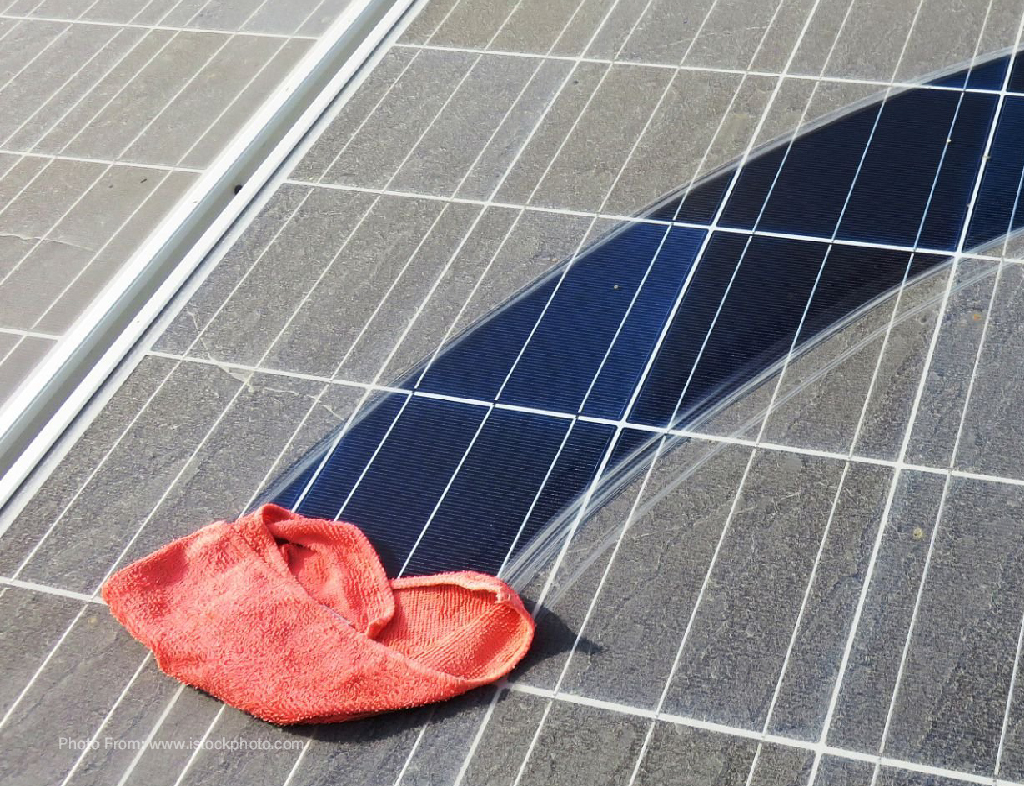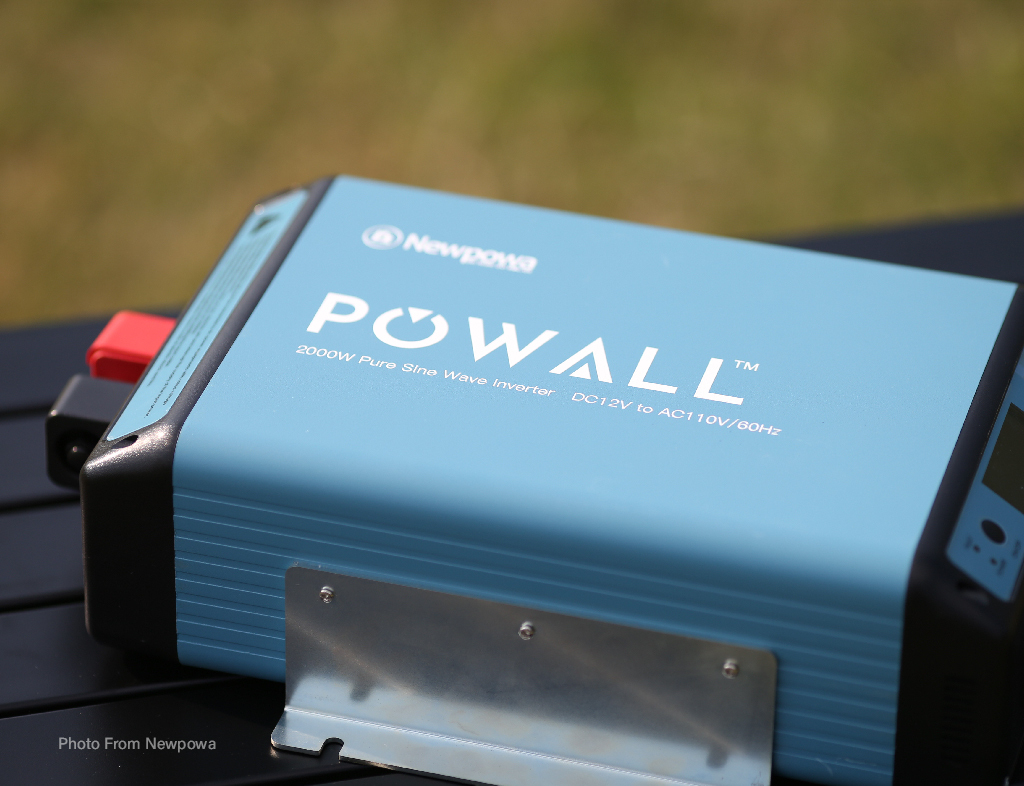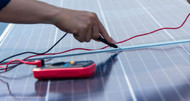TROUBLESHOOTING OFF-GRID SOLAR: FIXING POWER & BATTERY ISSUES
7th May 2025
Living off-grid with solar power can be incredibly freeing—until something goes wrong. When your system stops delivering the energy you need, troubleshooting quickly and effectively is essential. Whether you're in a remote cabin, an RV, or a boat, knowing how to diagnose and fix common off-grid solar issues will help you stay powered up and stress-free.

Start by looking at your solar panels. If power output has dropped, check for visible dirt, shading, or damage. Clean panels gently with water and a soft cloth, and trim back any branches causing shade. If everything looks fine but output is still low, use a multimeter to measure the voltage and current from each panel. If one panel reads significantly lower than the rest, it may be malfunctioning. Check also that all panels are wired correctly, especially in systems with mixed panel types or configurations.
Batteries are often the heart of an off-grid system—and the most common point of failure. A healthy battery bank should charge fully during the day and hold enough energy to get you through the night. If your power cuts out early or appliances aren’t running as they should, it could mean your batteries aren't storing energy properly. Look for signs like bulging, corrosion, or a noticeable drop in voltage under load. If you're using a battery monitor, check if the depth of discharge is deeper than usual or if the bank isn’t reaching full charge. These are clues your batteries are aging or possibly damaged. Depending on the chemistry, you may be able to recondition them—but more often, replacement is the safest bet.
Inverters are another common failure point. If your system is generating power but your AC appliances aren't running, check the inverter’s display or indicator lights. Resetting the inverter might solve the problem, but consistent issues could signal internal faults. Make sure the inverter is sized appropriately for your load—an overloaded inverter can shut down or even sustain damage over time.
Loose or faulty wiring is an invisible issue that can wreak havoc on your system’s efficiency. Periodically check all wire runs for signs of wear, corrosion, or overheating. Tighten all connections and inspect fuses or breakers for any blown components. A thermal camera or even just your hands can help detect hot spots where current may be encountering resistance. Pay special attention to connections near the charge controller and battery terminals, as these carry the heaviest loads.
While many off-grid solar issues can be resolved with a multimeter, a bit of patience, and a willingness to learn, some situations call for professional help. If you’re facing persistent battery problems, unexplained system shutdowns, or you're unsure about working with high voltage components, it’s worth bringing in an expert. Electricity is not something to gamble with.

By learning the basics of solar troubleshooting and knowing when to call in a pro, you’ll keep your off-grid system running smoothly and avoid those frustrating outages when you need power the most.
